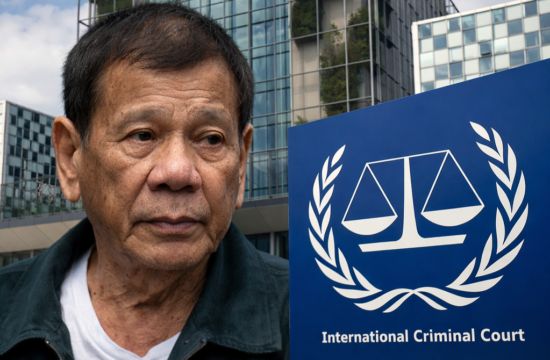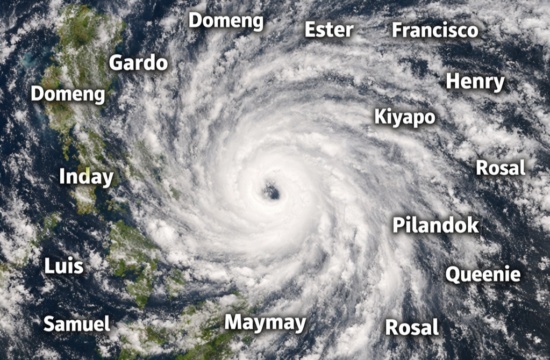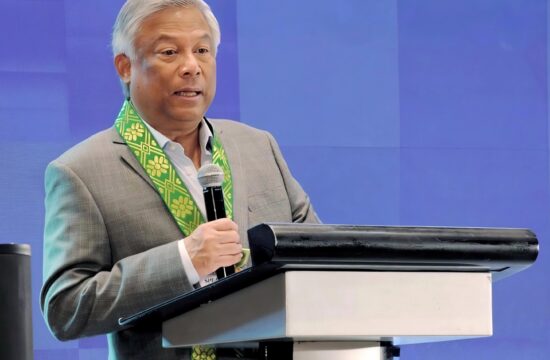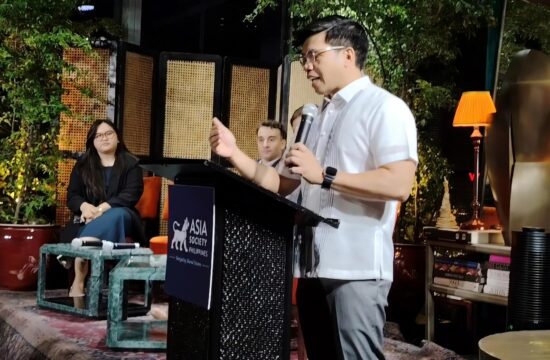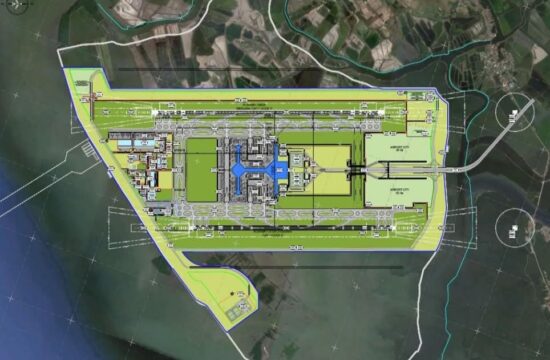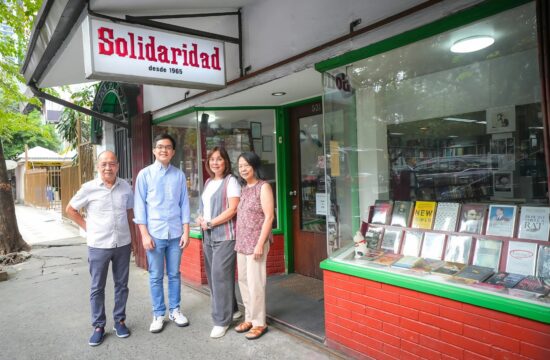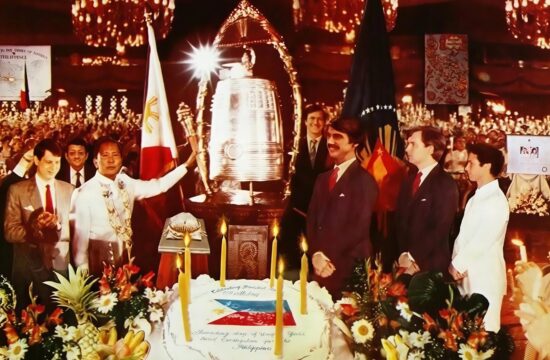
Finance Secretary Ralph Recto expressed confidence in the Philippines’ economic prospects for 2025, citing the newly signed Value-Added Tax (VAT) Refund Mechanism for Non-Resident Tourists Act as a catalyst for increased tourism and domestic spending.
President Ferdinand Marcos Jr. signed Republic Act (RA) No. 12079 into law on December 9, introducing a VAT refund system for foreign tourists under Section 112-A of the National Internal Revenue Code (NIRC). The law aims to position the Philippines alongside global tourism hubs offering similar tax incentives.
“It is high time that the Philippines catches up with countries around the world that have long implemented a standard VAT refund system,” Recto said.
“This strategic initiative aims to encourage foreign tourists to spend more in our country, stimulating our domestic economy. With increased tourism spending, we will have higher revenues to collect and we can create more jobs, raise incomes, and accelerate economic growth,” he added.
Key provisions
Under RA 12079, foreign tourists are eligible for VAT refunds on goods purchased in accredited stores, provided the items are taken out of the country within 60 days.
A minimum purchase of P3,000 per transaction qualifies, with the threshold adjustable by the Secretary of Finance based on inflation. Refunds can be processed electronically or in cash, funded through a Special Account in the General Fund under Section 106 of the NIRC.
The Department of Finance (DOF) is tasked with engaging internationally recognized VAT refund operators to ensure an efficient system aligned with global standards.
Implementing rules and regulations (IRR) must be issued within 90 days of the law’s effectivity, following consultations with key agencies, such as the Department of Trade and Industry, Department of Tourism, National Economic and Development Authority, Bureau of Customs, and Bureau of Internal Revenue.
Economic impact
The DOF projects the VAT refund system will enhance tourism spending, offsetting any foregone revenues.
Officials estimate that the policy could boost the country’s economic output by P2.8 billion to P4 billion annually.
RA 12079 underscores the government’s broader push to attract more international visitors and revitalize the tourism sector as a key driver of economic recovery.



